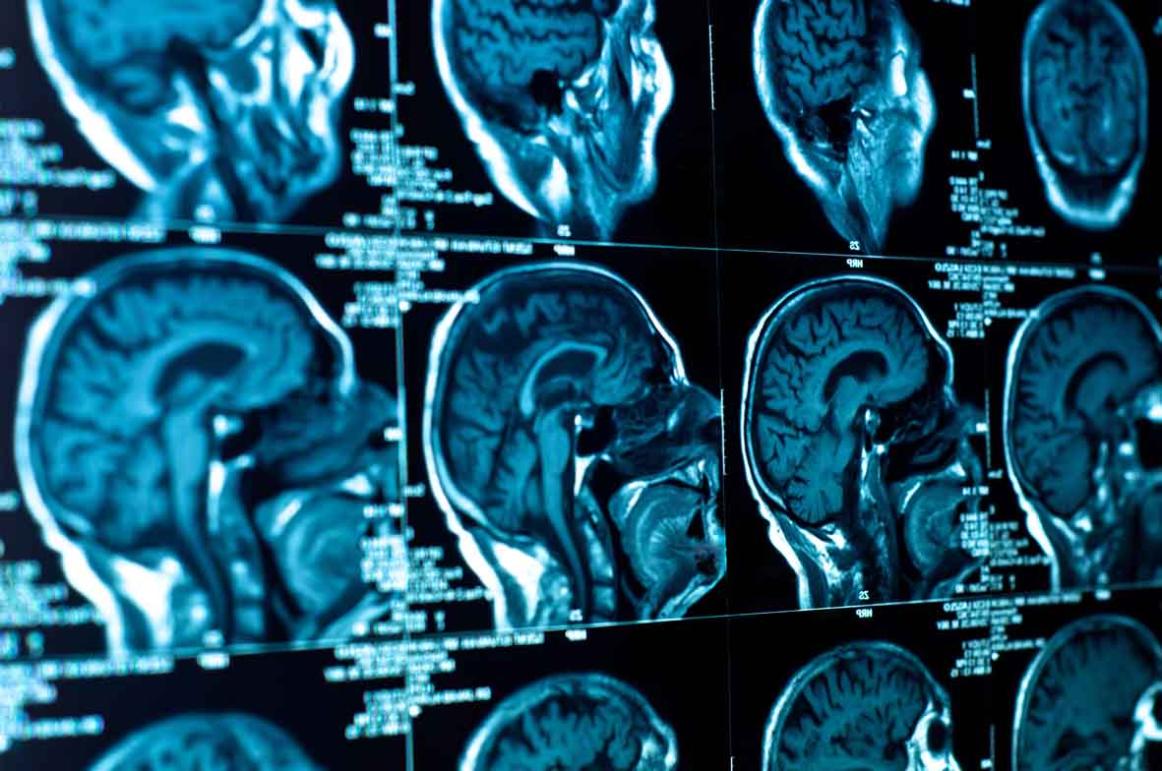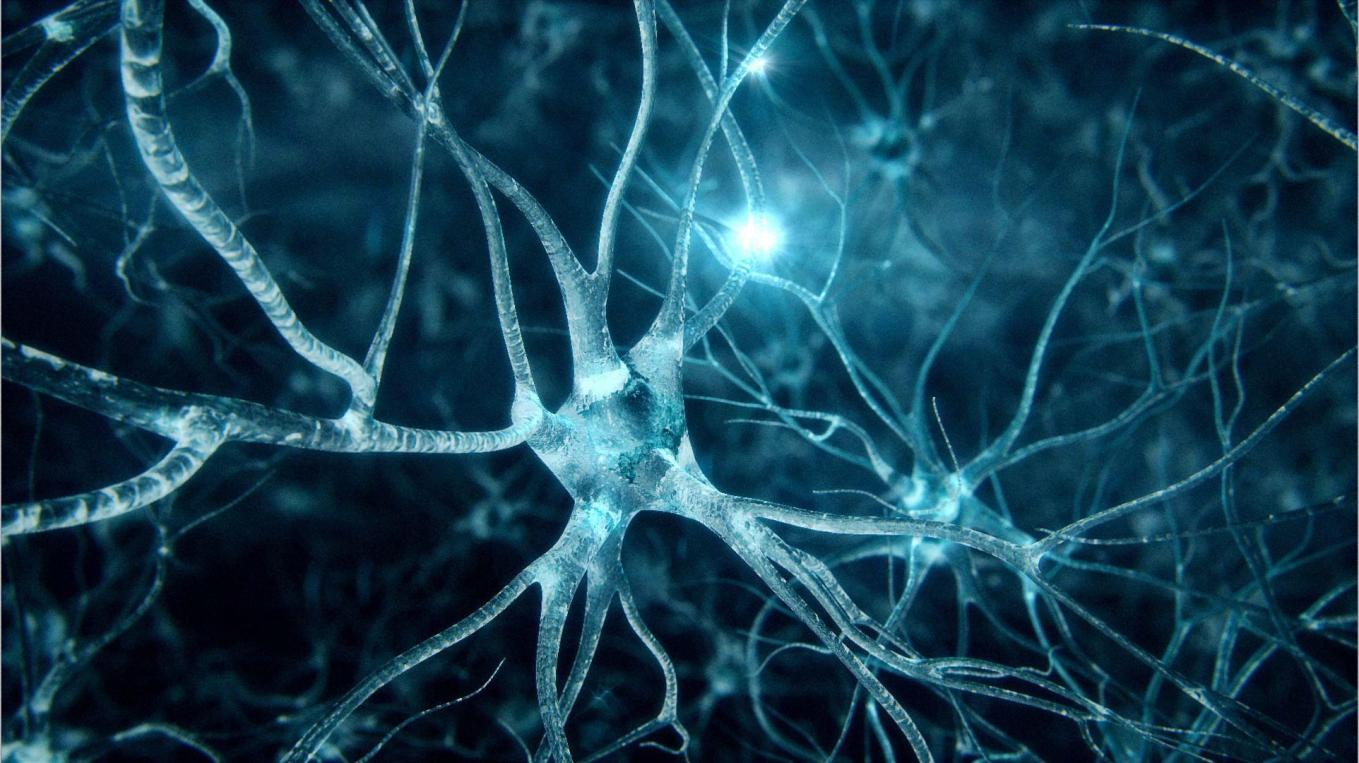Can Brain Scans Predict Criminal Behavior?
The human brain is a complex organ that plays a crucial role in our thoughts, actions, and behaviors. In recent years, there has been growing interest in the potential of brain scans to predict criminal behavior. This research has the potential to revolutionize the way we understand and address crime, but it also raises a number of ethical and legal concerns.

Background
The history of research on brain scans and criminal behavior dates back to the early 20th century. In the 1930s, scientists began using electroencephalography (EEG) to study the brain activity of criminals. EEG measures the electrical activity of the brain, and researchers hoped that it could be used to identify patterns of brain activity that were associated with criminal behavior.
In the 1990s, the development of new brain scanning technologies, such as functional magnetic resonance imaging (fMRI) and positron emission tomography (PET), made it possible to study the brain in much greater detail. These technologies allow researchers to see which parts of the brain are active during different tasks, and they have been used to study a wide range of behaviors, including criminal behavior.
Evidence For A Link Between Brain Scans And Criminal Behavior
A number of studies have found correlations between specific brain abnormalities and criminal behavior. For example, one study found that people with psychopathy, a personality disorder characterized by a lack of empathy and remorse, have reduced activity in the prefrontal cortex, a brain region involved in decision-making and impulse control.

Another study found that people who have been convicted of violent crimes have increased activity in the amygdala, a brain region involved in fear and aggression. These findings suggest that there may be a link between brain abnormalities and criminal behavior, but more research is needed to confirm these findings and to determine the extent to which brain scans can be used to predict criminal behavior.
Limitations And Challenges
There are a number of limitations to the current research on brain scans and criminal behavior. One limitation is that most studies have been conducted on small samples of people, and it is not clear whether the findings can be generalized to the general population.

Another limitation is that brain scans are not always accurate or reliable. The accuracy of brain scans can be affected by a number of factors, such as the type of scanner used, the skill of the technician who performs the scan, and the way the data is analyzed.
Finally, there are a number of ethical and legal concerns about the use of brain scans in criminal justice settings. One concern is that brain scans could be used to discriminate against certain groups of people, such as people with mental illness or people from certain racial or ethnic groups.
Future Directions And Applications
Despite the limitations and challenges, research on brain scans and criminal behavior has the potential to make a significant contribution to our understanding of crime and to the development of new strategies for preventing and treating criminal behavior.
One potential application of brain scans is in risk assessment. Brain scans could be used to identify people who are at high risk of committing crimes, and this information could be used to target prevention and intervention efforts.
Another potential application of brain scans is in rehabilitation. Brain scans could be used to identify the neural pathways that are involved in criminal behavior, and this information could be used to develop new treatments that target these pathways.
The research on brain scans and criminal behavior is still in its early stages, but it has the potential to revolutionize the way we understand and address crime. However, there are a number of limitations and challenges that need to be addressed before brain scans can be used in criminal justice settings.
Continued research is needed to confirm the findings of existing studies, to develop more accurate and reliable brain scanning technologies, and to address the ethical and legal concerns about the use of brain scans in criminal justice settings.
YesNo

Leave a Reply